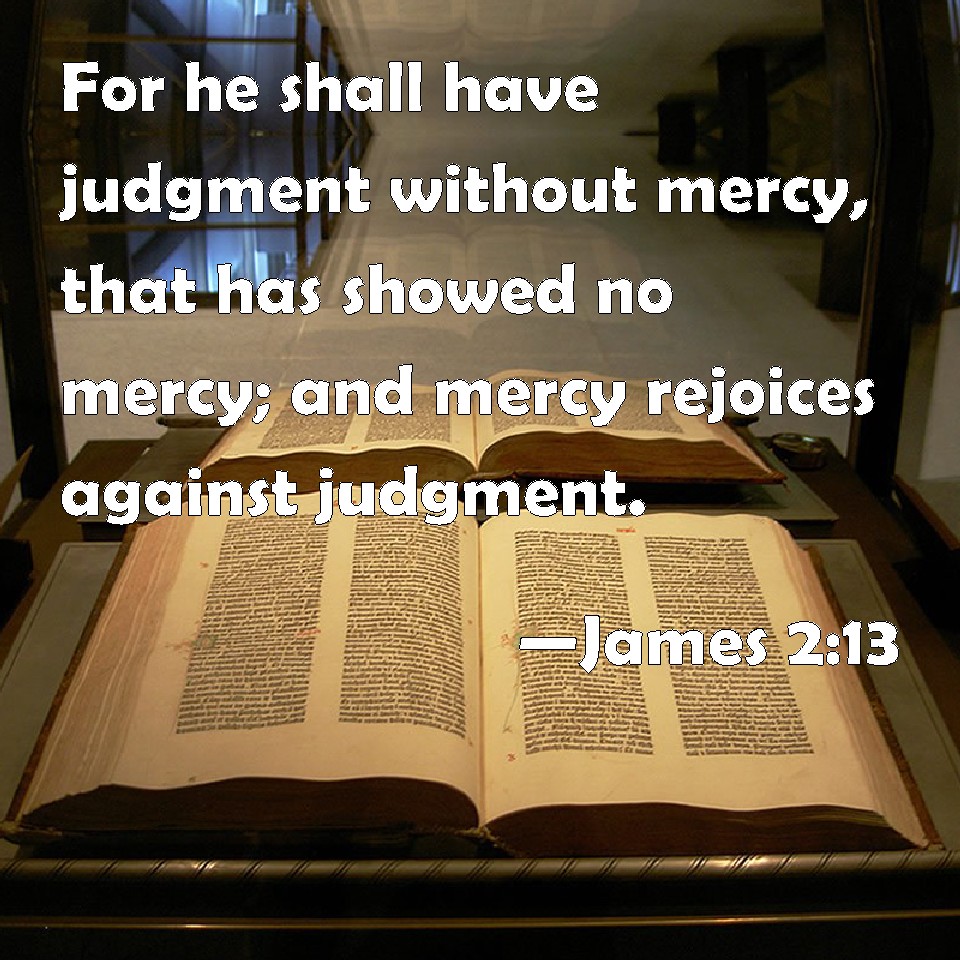



In fact, one could say that in Henry IV Parts 1 & 2, Prince Hal is simply living living well but not achieving anything. However, despite the lack of soliliquys, interestingly, Parker compared Henry to Hamlet, in that they both desire transcendancy something more than simply living. Indeed, Henry is an overtly public figure, and a big debate surrounding him (and of course most politicians nowadays) is the question of whether he truly believes everything he says? He is the ideal picture of a chivalric king, and was designed to boost English national pride in their heritage. Parker referred to them more as ‘arias’ speeches designed for public effect, which require the actor to turn them into dialogue to keep the audience entertained and enthralled. One point I found very interesting was that although Henry V has such a huge part, extremely few of his speeches are soliliquys. He also played Prince Hal in the Globe’s 2010 production of Henry IV Parts 1 & 2, and that role, the biggest role in the canon in fact (counting all three plays), is what the talk was on. So, next on my holiday Shakespeare-fest was going to a talk at the Globe by Jamie Parker, who, if you read this often, you’ll remember was King Henry V in the production I saw there earlier this year.


 0 kommentar(er)
0 kommentar(er)
